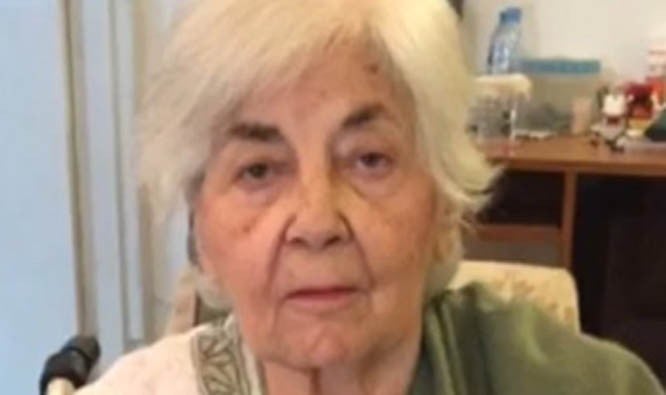

Dear all,
Losing a parent is one of the most difficult moments of one’s life, but also very difficult is coping with the anxiety about how and when they might make their final exit.
For more than a decade I have been worrying about just this: how and in what state my parents would spend their last days on earth, and how painful that final phase might be. For years I had been praying that they not be in a disabled or diminished state in their twilight years, and that they not suffer indignity or impairment in those final days.
My father went through six years of dialysis and seemed glad to have that extra lease of life up until the last year where he became extremely frail and was too tired even to interject his usual acerbic remarks or witticisms. But I was grateful that when he passed away he was not admitted to hospital or linked up to machines, grateful that he had been able to have a good breakfast that morning, grateful that he was spared any further suffering as by then the effort required to live seemed too much for him.
My mother passed away last week (on the 12th of January) which is just over six years after my father’s death. She was 86, and again I am grateful that the last few months of her life were happy, healthy and full of love and laughter, and were spent with family and friends who really cared for her. I regret the last few days she had to be in hospital, especially in ICU, but I am grateful that when her time came she had been moved to a room where she was surrounded by loved ones.
I am deeply grateful that till the end she was her usual gutsy self and did not turn into somebody with no memory or emotion or will, grateful that she did not have to cope with mental deterioration or humiliating physical impairment.
I recognise how lucky I was not just to have my parents in my life for so long but also to have parents who were very unusual people.
My mother Safia Khairi was a beautiful woman with a rather unusual personality -- very opinionated and principled. She was an independent spirit who was ahead of her times in many ways: a strong champion of young people and women’s empowerment and somebody who was very outspoken on what she considered matters of principle.
She was one of 12 siblings and family was always extremely important to her. My father’s diplomatic career took them to different parts of the world where they made many friends and enjoyed several adventures. My mother had a genuine interest in others and she was able to connect with people from all sorts of different backgrounds and to form lasting friendships.
After life as a diplomat’s wife, she found new challenges in teaching and then, unexpectedly, in acting. In 1992 she appeared in a Haseena Moin TV serial, Kasak, as a benevolent granny. Viewers were captivated not just by her looks and her expressions but also by her Urdu diction and her traditional gota-edged dupattas and old-fashioned mannerisms. A number of similarly sympathetic roles -- as grannies or aunts -- followed and endeared her so much to TV watchers that even her role as the dominating mother in the play Chandni Raatein failed to dent the public perception of her as the lovable granny.
She was extremely interested in politics and joined Air Marshal Asghar Khan’s party Tehrik-e-Istiqlal as she greatly respected Asghar Khan’s honesty and integrity. She would often lecture people on how if we wanted change, we needed to get involved in the political process and work for the change rather than sit in drawing rooms being armchair critics.
She actually had very original and perceptive views. She was critical of the growth of the NGO sector as she thought it was eroding the power of both the state and the cohesiveness of national policy. She was of the view that middle-class educated families should have larger rather than smaller families otherwise they would be swamped and overtaken by the ignorant and illiterate. She was extremely critical of the role of the US and the CIA in global politics and of the role of the army in the Pakistani politics. And she was always very outspoken, never afraid to take a stand even if it antagonised people or made her unpopular.
And one of the things she most hated and criticised frequently was hypocrisy.
She is gone now, but I am left with the realisation that she was an unusual and inspiring personality: a strong, compassionate woman who did whatever she could to shape a better future for us.
Best wishes